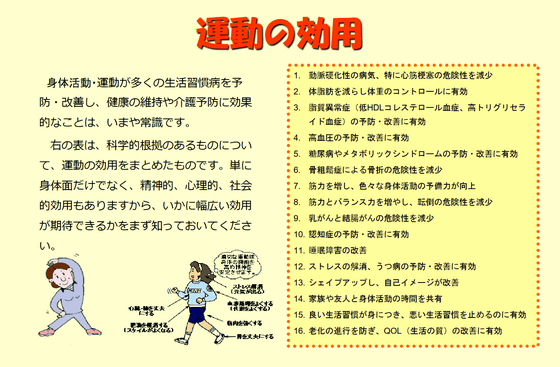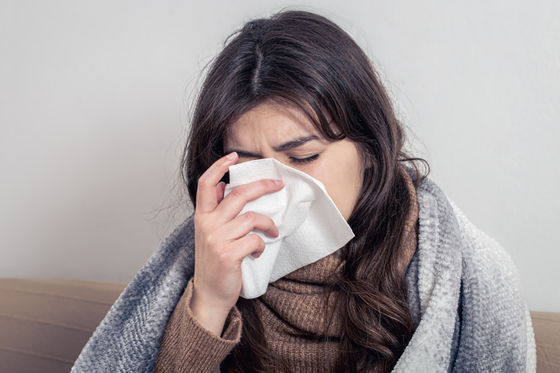Exercise has the effect of preventing illness but not treating it, why?

It is no longer common sense that 'exercise is good for your health', and the world is full of TV programs and catchphrases that encourage exercise. However, the 'healthy' effect of exercise is to prevent illness, and once you get sick, exercising has the opposite effect. Mr. John Hough who teaches explains.
Exercising while sick won't help you get over a cold faster – but it may prevent your next one
The results of studies showing that exercise is good for health have been reported innumerably, and especially the remarkable effects alone include total mortality, ischemic heart disease, hypertension, diabetes, obesity, osteoporosis, colon cancer, etc. It has the effect of reducing the morbidity rate and mortality rate, and the effect of improving mental health and quality of life (QOL).
Benefits of physical activity / exercise from the viewpoint of health and its utilization --2r9852000002q9k7.pdf
https://www.mhlw.go.jp/stf/shingi/2r9852000002q9dz-att/2r9852000002q9k7.pdf

According to Huff, exercise has the effect of strengthening the immune system, which involves multiple mechanisms. For example, during exercise, the amount of hormones called catecholamines such as noradrenaline and adrenaline increases, and this catecholamine induces the production of immune cells that detect viruses and pathogens in the body. In addition, since blood flow increases during exercise, the migration speed of immune cells that circulate in the body on the blood flow improves and immune function becomes more efficient, and the blood vessel wall stressed by the increase in blood flow speed. Natural killer cells and T cells, which are immune cells, are released from the body. Therefore, Mr. Huff explains, 'The immune system strengthening effect of exercise is thought to be the result of the simultaneous exertion of these mechanisms.'
To what extent exercise's immune system-strengthening effect is useful, a study published in 2000 found that people without exercise habits continued to walk for 40-45 minutes five times a week for colds and the flu. The results show that the number of days determined to have symptoms of upper respiratory tract infections such as these is reduced by 40 to 50%.

In this way, exercise has the effect of preventing illness, but exercising while you are sick does not cure the illness quickly. According to Mr. Huff, the cause is 'because exercise puts stress on the body.' As a result of exercise running out of oxygen and glucose required for immune cells, the movement of immune cells slows down, so Mr. Huff said, 'There is no evidence that exercise cures colds quickly. I don't. '
Huff advises people who have a cold but want to exercise, avoiding the gym and exercising at home or outdoors to avoid catching a cold. He also recommended that people refrain from exercising if they have symptoms such as fever, muscle aches, and vomiting, and commented that 'rest, hydration, and medicines may be the best treatment for colds.'
Related Posts:
in Note, Posted by darkhorse_log







